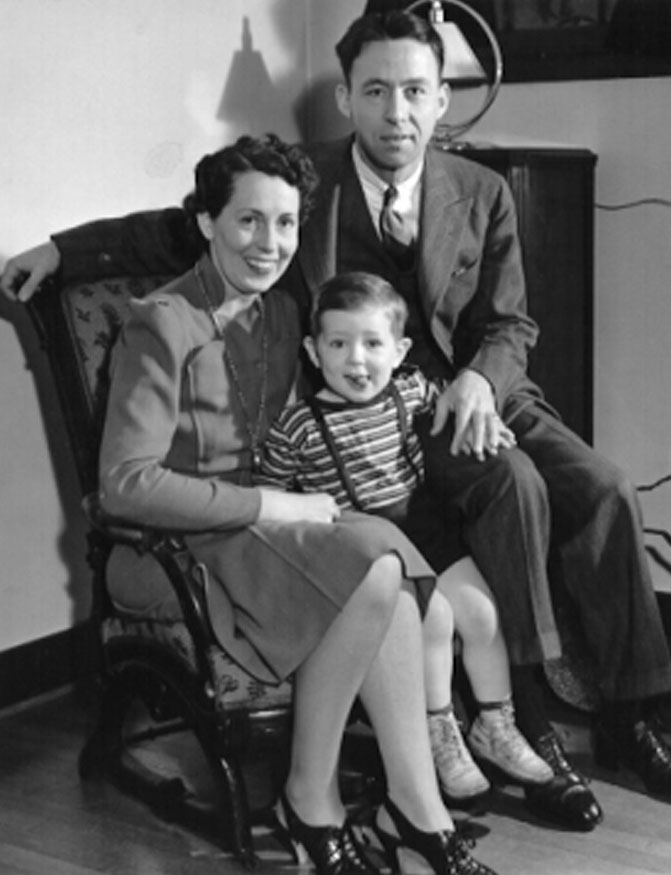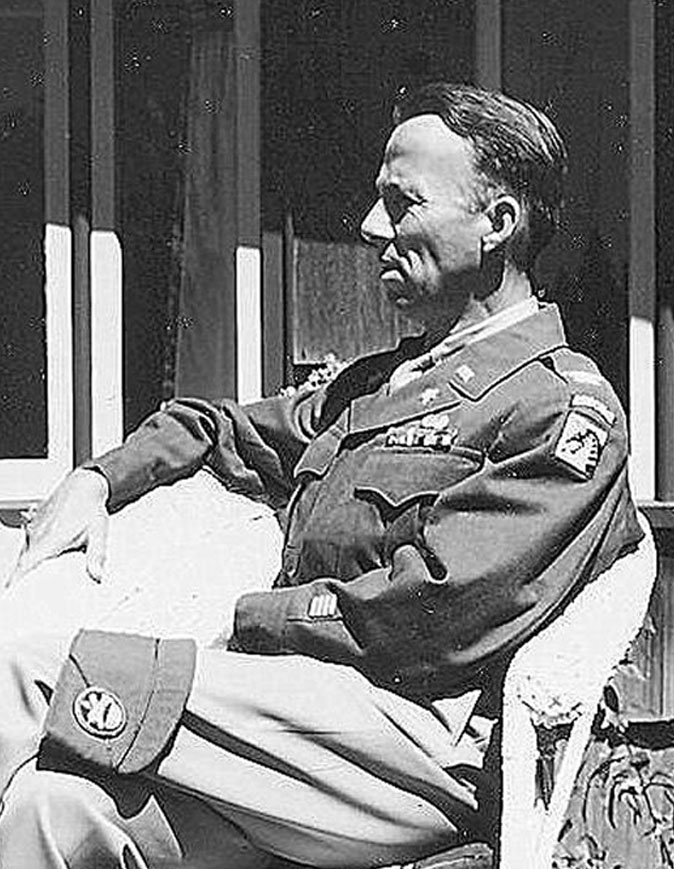Raising Cain
THE LIFE AND POLITICS OF SENATOR HARRY P. CAIN
Synopsis
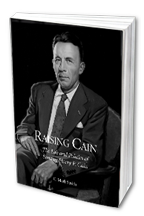
Senator Harry P. Cain of Washington defied the norm. Once seen as one of his state’s fastest-rising political stars, Cain’s personal convictions never allowed him to be comfortable in either political party for very long. Instead, he remained true to one paramount goal – supporting the rights of the individual.
Only thirty-four in 1940 when he was first elected mayor of Tacoma, Cain’s unpredictable and sometimes contradictory politics followed him to the U.S. Senate, the Subversive Activities Control Board during the Eisenhower Administration, and finally, even to the Miami-Dade County Commission in his adopted Florida.
In Raising Cain: The Life and Politics of Senator Harry P. Cain, C. Mark Smith takes us behind the apparent contradictions to reveal the core of Cain’s conservative-libertarian philosophy and his deeply held view that unless we are willing to fight to protect the rights of each American, the freedoms of all Americans are at risk. Nothing ever swayed Cain from that view. He stood nearly alone in opposing the internment of Japanese American citizens during World War II. He was an early supporter of voting rights for residents of Washington, DC. He worked for civil rights and community diversity in Miami. And in the controversy that ultimately destroyed his public career, Cain defied both his party and his president to fight for the civil liberties of thousands of Americans whose loyalty was questioned during the McCarthy era.
Raising Cain is both inspiring and thought-provoking. At one level, it profiles the life and politics of a fascinating and complicated man during a pivotal period of American history. On another, it raises questions for today’s citizens and policy makers. Despite the passage of years, Cain’s warning rings as true today as it did in 1955: “We can be safe and free at . . . the same time, but it is possible to become so safe that nobody can be free.
Fact Sheet
Excerpt
Reviews
Gallery
Fact Sheet
Fact Sheet
| Title | RAISING CAIN: The Life and Politics of Senator Harry P. Cain |
| Author | C. Mark Smith |
| Publication Date | February, 2011 |
| Marketing Plan | Personal Appearances, Internet, Historical Societies, Libraries |
| Audiences/Markets | Historians: Civil Affairs; Military Government; World War II; U.S. Senate McCarthy Era; Washington State Government; Miami/South Florida History; Civil Liberties |
| Binding | 6 x 9 Perfect Bound |
| Features | 97 Photographs, Chronology, Endnotes, Index, 432 pages |
| ISBN | 978-1-935359-65-4; 1-935359-65-7 |
| LCCN | 2010913494 |
| Price | $24.95 |
| Publisher | Book Publishers Network, sheryn@bokpublishersnetwork.com |
| Distributor | Danforth Distribution: lauradanforth@gmail.com |
| Wholesalers | Ingram, Baker & Taylor, Partners/West, Quality, Unique |
| Website | www.raising-cain-book.com / www.cms-author.com |
| Author Contact | smithcmark@gmail.com |
RAISING CAIN: The Life and Politics of Senator Harry P. Cain is both inspiring and thought-provoking. At one level, it profiles the life and politics of a fascinating and complicated man during a pivotal period of American history. On another, it raisins questions for today’s citizens and policy makers. Despite the passage of years, Cain’s warning rings as true today as it did in 1955: “We can be safe and free…at the same time, but it is possible to become so safe that nobody can be free.”
Excerpt
As 1940 turned into 1941, prostitution was again back in the headlines with Public Safety Commissioner Eastwood complaining that the military police were failing to cooperate with his officers by refusing to share information with them about illegal activities. The Fort Lewis base commander responded to Eastwood’s complaints by again threatening to place Tacoma “off limits” to all military personnel.
The events that followed were the basis of one of Harry Cain’s favorite stories. The following version is taken from a taped interview he conducted with Miami public affairs radio personality Charles Kappes in March 1975. Cain called all thirty-one local madams into his office on the morning of July 25, 1941. “I was well prepared and in a good mood. They were all handsomely dressed—they should have been; they were all making a fortune—and I said, ‘Ladies, when you leave this office, you’ll be on your way back to close up. You’re done.’ Well, they were indignant, some screamed, some swore, and some threatened to go out into the neighborhoods. I told them, ‘If you do that, because of the difficulty in [customers] getting to you, your business is going to decline and your prices increase, and the local housewives are going to know where you are, and they’re going to come and complain to me, and I’m going to send the police out there [and] put you in the Bastille.’ This closure is for six months. If the venereal disease rate goes up during that time, instead of down, I’ll not only allow you to re-open, I’ll become a barker at your doors and encourage more trade for you.” Cain was so tickled with his success in cleaning up the brothels that he wrote an article about it in the December 1943 issue of the Journal of Social Hygiene, called “Blitzing the Brothels.” Its publication brought favorable attention to Tacoma and, not coincidentally, to Harry Cain.
Chapter 3, page 57 – 58
The Ardennes sector of the Allied front, an area of heavy forests and rugged, broken ground cut by deep ravines, narrow valleys, steep hills, and numerous streams about 130 miles northwest of Epernay, served as the dividing line between the U.S. First and Third Armies. Because it was such difficult terrain—a most improbable place to stage an attack in mid-winter—it was lightly defended by U.S. commanders who were facing severe troop shortages, even in their more active sectors.
Within hours, the U.S. 7th Armored and 30th Infantry Divisions were on the move to try to stop the German flood, but it was a case of too little, too late. The real problem was that there was virtually no pool of reserve manpower left on which to call. Eisenhower’s “broad front” advance to the Rhine had consumed men as fast as it had fuel. The only strategic reserve consisted of the still-depleted 82nd and 101st Airborne Divisions of Ridgway’s XVIII Corps recovering near Rheims, more than a hundred miles away, in the middle of the worst winter on record.
To make matters worse, Ridgway and much of his staff (including Harry Cain) were in England reviewing the newly arrived 17th Airborne Division that was working up after its arrival in England. About 2:15 on the morning of December 18, Ridgeway received orders detaching his corps from the First Allied Air Army, attaching it to Omar Bradley’s Twelfth Army Group, and ordering him to concentrate his forces to meet the attack. Within the hour, Ridgway and his staff were on their way in fifty-five quickly commandeered troop transports to the front. Even before they could arrive in France, new orders were received detaching the 101st Airborne and sending it to the beleaguered VIII Corps in the Bastogne area. Ridgway was to take the 82nd Airborne to Werbomont, Belgium, about forty miles north of Rheims, in support of the 30th and 17th Divisions, which were falling back before the German onslaught.
All of a sudden, Harry Cain was right in the middle of a very hot war. There were no front lines. The 101st Airborne was soon surrounded at Bastogne. The Germans interdicted the route to Werbomont immediately after Ridgway and his staff had passed by. The weather was bitterly cold with blowing snow. No one knew who was a friend or a foe. Ridgway assumed command of the 7th Armored and the 30th Infantry Divisions that were trying, without success, to plug a gap in the Allied lines near St. Vith, through which the Germans were pouring with overwhelming force.
Cain found himself in the middle of the fighting but, amazingly, found time to write home about it in the early morning hours of December 19. “Yesterday in England; tonight a long and contrasting way from there. The papers have told you that Jerry is up to no good and we are here to sort of convince him that there isn’t any point in his trying to go in any other direction save backwards. It’s too early yet to determine if he is going to listen to our authority now or later on. I moved in today on a Belgian family of seven and their living room is my office, dining room and bed. Some of my men are packed about four deep on the kitchen floor and others are deeper than that in the hay loft. The family, all seven, are listening to the 9 o’clock news. They wonder if the rumor that Jerry will overrun us tonight is based on fact. [I] remember thinking a year ago in Italy that the war would be over by now and yet the pattern today is just about the same. Guesses are about a dime a dozen but I think we are on board for the last lap. To my mind, what happens in the next few days will have a definite bearing on the ultimate result.”
By the morning of December 20, Ridgway was able to create a thin defensive line that plugged the gap at St. Vith. Writing home again that night, Cain told Marj that he had said too much when he had written the previous night. “Enough to know in general where I am and that the fur is flying. This business is anything but gay, but I couldn’t wish to be anywhere else. That’s why I couldn’t wait for the election to be over so I could take a seat with the greatest guys on the globe. Living is simple. I don’t shave very often, or eat very much, or sleep on a bed, but I am well and vitally interested in living.”
The only war story Cain’s son, Buzz, remembers his father telling him occurred at this time. Cain said that he had been “pinned down” with many other guys for days near a disabled train. They had no water, but the train was loaded with champagne, which they used for both personal hygiene and liquid refreshment. “Dad was never able to drink champagne after the war, and he said that that experience was the reason why.”
The Americans were forced to retreat from St. Vith on December 23 when German forces streamed around their open right flank. Another hastily constructed defensive line finally held against intense and repeated German attacks. With major reinforcements now squeezing the German salient from both the north and the south, Ridgway went on the offensive, regaining the territory his units had just lost. By early January, the crisis had passed and by January 23, St. Vith had been recaptured and the Germans were streaming eastward in defeat.
During the battle, Cain, without the benefit of staff, personally coordinated the activities of the other military government officers caught in the path of the German attack. As the Allies successfully re-grouped and started to push the Germans back, Cain worked with local civil authorities to coordinate assistance to the more than 100,000 terrified civilians who had been caught in the German breakthrough. According to his Legion of Merit citation, Cain “oversaw the evacuation, housing, clothing and feeding of 15,000 civilians without interference with the tactical situation and without dependence upon the military for supplies, transport or personnel.”
Chapter 6, pp. 106-108
In 1944, Cain had decided that he was a Republican after being recruited to run for the U.S. Senate, but his political philosophy had not been tested during that campaign. With Cain forced to remain officially silent because of army regulations, only one candidate—Warren Magnuson—was in a position to speak out on the issues. In some ways it had been an unknown blessing. When Cain ran again for the Senate in 1946, his political views became far better defined and more widely known. While he still called himself as a “conservative liberal,” his views had become more conservative and partisan, reflecting both the evolution of his own thought process and the influence of his new advisors—mostly conservative, small businessmen from Tacoma.
Only thirty-nine years old at the time of his election to the Senate, Cain’s background was devoid of legislative experience or any history of compromise and negotiation. He had spent only three and one-half years as an elected official. Tacoma’s form of government hadn’t encouraged interaction between officials; the military didn’t encourage its officers to engage in politics. Over time, Cain had developed a concept of public service and a belief in limited government, free markets, the sanctity of an individual’s civil and property rights, and personal responsibility. With limited experience in partisan politics, Cain believed that he had been elected to lead and elected to act on basis of his views (which he assumed to be the views of the majority of those who elected him). Cain believed that the times required action that he had been given the opportunity to act, and act he would! It is not clear that he really understood what lay ahead.
Chapter 7, p. 130
To the Eisenhower administration, of course, Cain was a “loose cannon” who was involving himself in matters outside of his area of responsibility and, in so doing, was not only being disloyal to the President who appointed him but was also causing a considerable public distraction away from the administration’s quiet efforts to distance itself from its anti-Communist critics.
An indication of the administration’s displeasure with Cain can be gathered from an exchange of notes between Deputy Attorney General William P. Rogers, who would later serve as Attorney General and Secretary of State, and FBI Director J. Edgar Hoover. Rogers sent a copy of Cain’s earlier letter to Sherman Adams on to Hoover, asking him to return it to him “after you have had the agonizing experience of reading it.” Hoover sent it back the next day with a note, referring to the letter as a “diatribe written by ‘Wordy’ Cain” and commenting that no one in Washington had ever exceeded Cain’s use “of the personal pronoun, I.” A further indication of the displeasure of senior Justice Department officials with Cain can be found in an April 15, 1955, memo from Oran Waterman, head of the Justice Department unit responsible for designating subversive organizations, to his supervisor, David Irons, Chief of the Subversion Organization Section. In it, Waterman wrote that Cain’s attacks on the list had “caused serious disservice” and were “inimical to the interests of the internal security program.”
Chapter 11, page 227 – 228
[1] Harry P. Cain, audiocassette tape interview conducted by Charles Kappes on WNWS Radio, Miami, FL, March 12, 1979. Author’s collection.
Reviews
December 1, 2016
I’ve read and finished Raising Cain over the past 3 days. Couldn’t put it down. I love your writing…
I admire your ability to give all sides of the picture, essential, of course for a historian. But nevertheless, reading any biographical history, one still gets a general feeling or sense of approval, or lack thereof. You do a very good job of just presenting the information. Oh, my! It concerns me that that may be becoming a lost art….
The most important feeling I have, which came to me fairly early on in my reading, is that I think you ought to do (or have done for you) a promotion again for the book, NOW. I’m very serious. It has been a number of years since publication. I kept thinking while reading, this is SO applicable, so current…in so many ways. People need to read this now. We really must be reminded of the past. Because much of the time it really isn’t the past. If any election has proven that, it’s this one.
Diane (Wetherall) Booze, daughter of Cain’s mayoral and senatorial chief of staff, Ernie Wetherall
“In Raising Cain, C. Mark Smith resurrects the life of Harry P. Cain, whose mid-twentieth century political career as Mayor of Tacoma and US Senator has been strangely forgotten. Few figures in the modern history of Washington are more deserving of a biographical treatment than Cain. His noteworthy defense of Japanese-American civil liberties in the early days of World War II and defiance in the face of McCarthyite tactics are his lasting legacy. Every student of Washington state history will find Smith’s account of Cain’s life story a compelling one.”
David Nicandri, Director
Washington State Historical Society
“Former U.S. Senator Harry Cain of Washington State truly left his mark on the many institutions in which he served—among them the mayoralty of Tacoma, the Supreme Allied Command under Gen. Eisenhower during World War II, the United States Senate, the Subversive Activities Control Board, and the Miami-Dade County Commission. Today Cain is largely forgotten, but this is truly an unjust fate and legacy, as he was a fascinating and courageous (if sometimes puzzling) character and, especially, as he played a key role in helping to discredit some of the worst aspects of the post-World War II American Red Scare, even though he had for years been viewed as a hard-core “McCarthyite.” In this exhaustively researched and well-written book, C. Mark Smith takes us a long way in bringing Cain back from obscurity and putting him in the spotlight which he both loved and, often, deserved.”
Robert Justin Goldstein
Professor Emeritus of Political Science, Oakland University
Author of American Blacklist: The Attorney General’s List of Subversive Organization
“Mark Smith has given us a thorough and fascinating account of the life and complex career of Harry Cain. A soldier and a politician, he was a significant and somewhat puzzling participant in the flow of American history from the 1930s to the 1970s. Smith’s book provides many insights and anecdotes about the man and his politics previously unavailable to historians of this period.”
Dr. Richard Kirkendall
The Scott and Dorothy Bullitt Professor Emeritus
University of Washington
“Harry Cain was Tacoma’s first modern mayor. He was also Tacoma’s most famous mayor, running as his party’s nominee for the U.S. Senate while still on General Dwight Eisenhower’s staff in London, being elected to the Senate when he returned home from the war and, finally, serving on the Subversive Activities Control Board during the height of the McCarthy era. Harry Cain was always colorful, controversial, and unpredictable. C. Mark Smith, who knew Cain as a young man, captures it all in Raising Cain. A “must read” for Washington State political history lovers!”
Dr. Bill Baarsma
Professor Emeritus, University of Puget Sound
Mayor of Tacoma, 2002-2010
“Harry P. Cain lost the first election he won. As contradictory as that statement sounds, it is nothing compared to Cain himself. The “Fighting Mayor” of Tacoma, and later U.S. Senator from Washington, held political opinions that nearly everyone could hate. Somehow former Tacoma economic development director C. Mark Smith both highlights Cain’s head-scratching political transformations and then makes sense of it all in his very readable new biography Raising Cain: The Life and Politics of Senator Harry P. Cain.”
Peter Callaghan, Columnist
Tacoma News Tribune
Read more of Peter Callaghan’s column at:
http://www.thenewstribune.com/2011/04/10/1620302/the-perplexing-politics-and-principles.html#ixzz1JQ09y3B7
“Harry Pulliam Cain enjoyed an unlikely but meteoric political career first as mayor of Tacoma, and as a one-term Republican senator from Washington state. But his career in Washington state politics flamed out in resounding defeat in 1952, and he was generally dismissed as a quirky maverick. Author C. Mark Smith brings the perspective of a family friend and finds consistency in Cain’s patriotism and devotion to civil liberties spanning decades. Smith provides insights into a life that deserves to be remembered.”
Tacoma Historical Society’s City of Destiny Newsletter

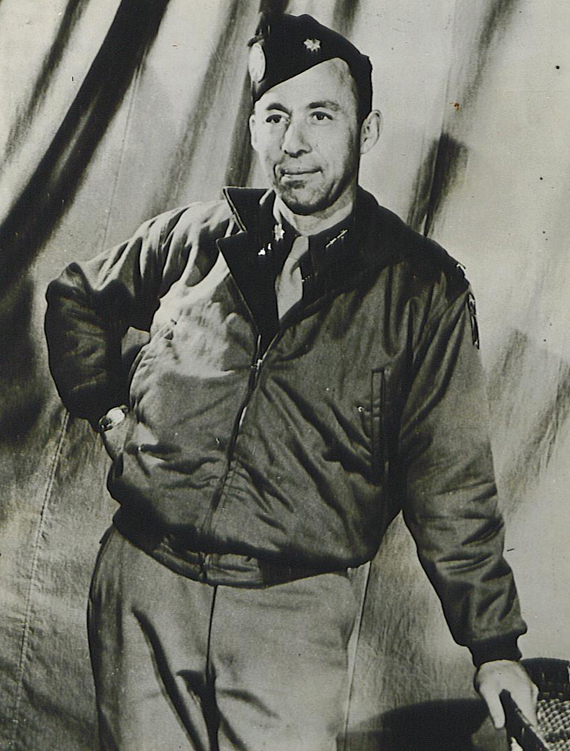
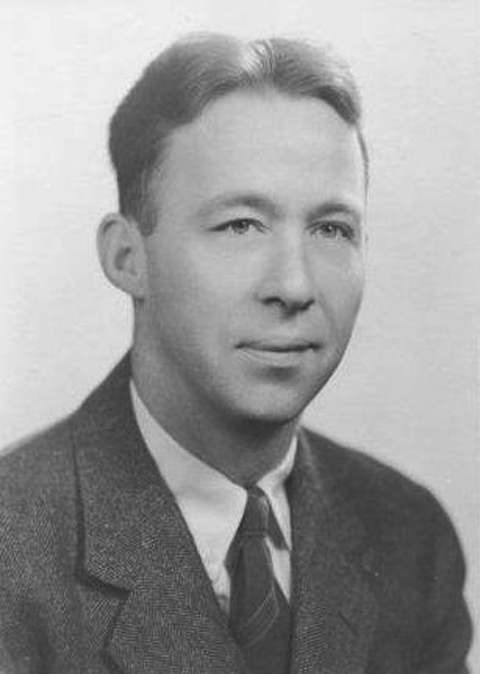
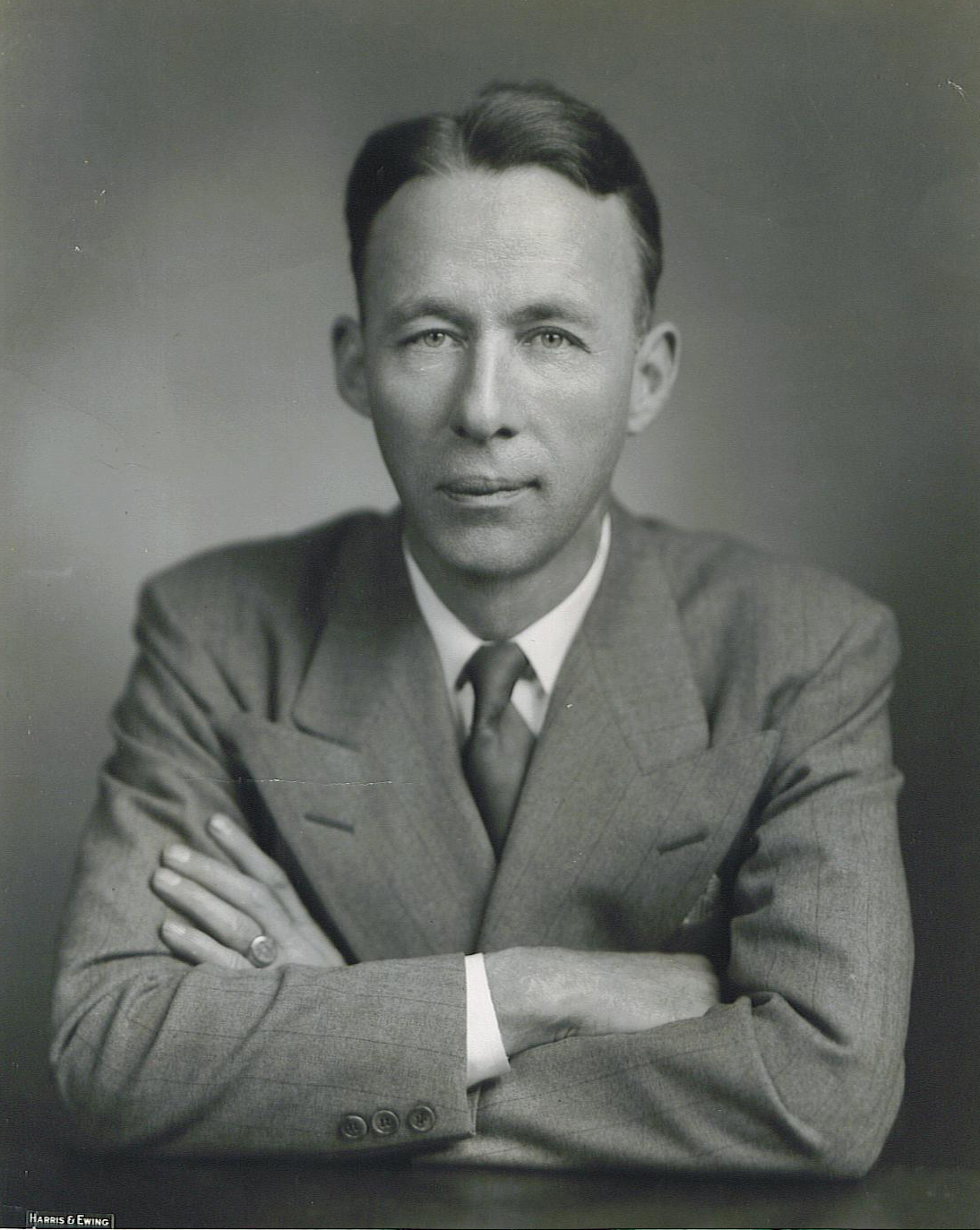
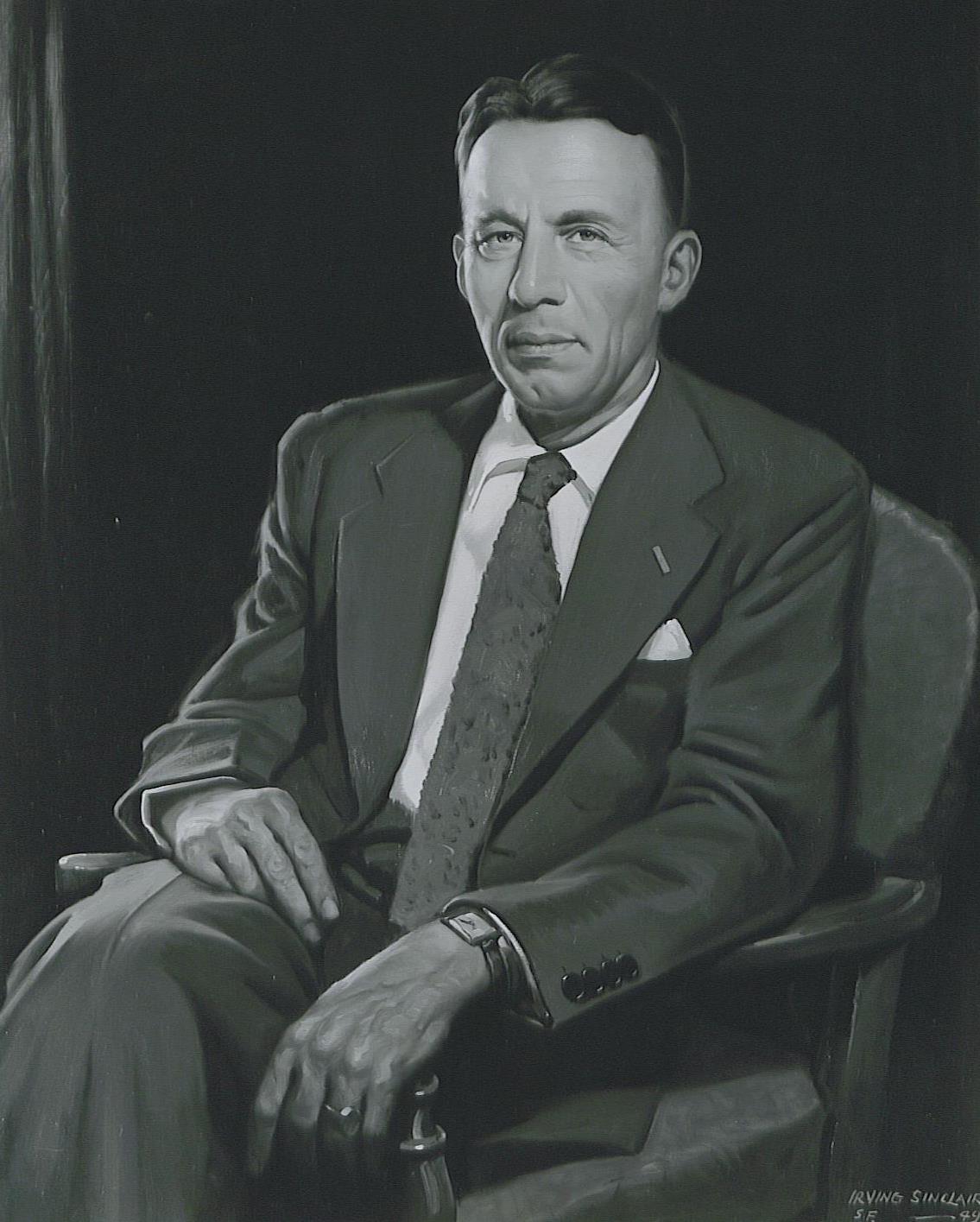
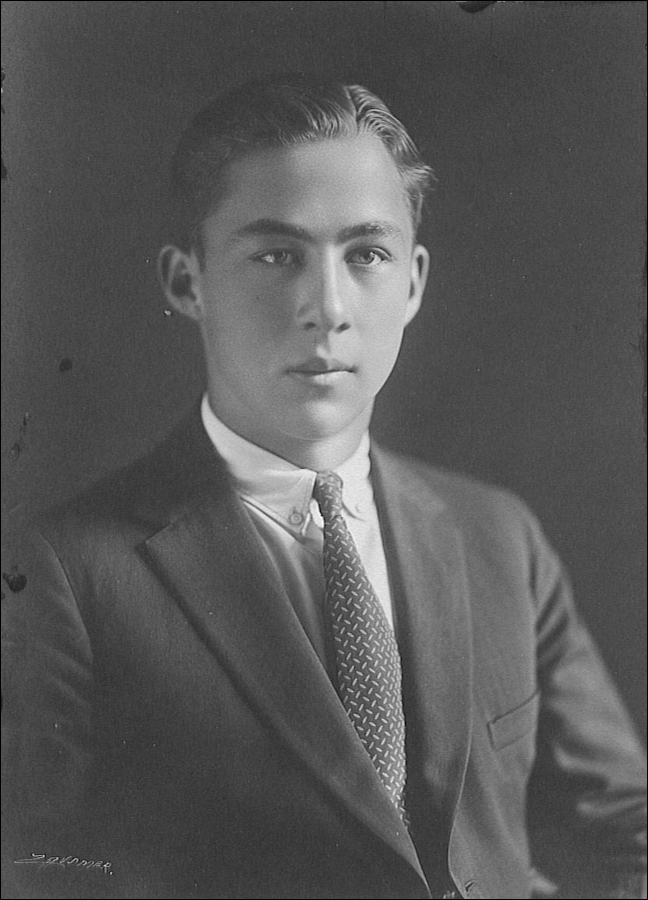
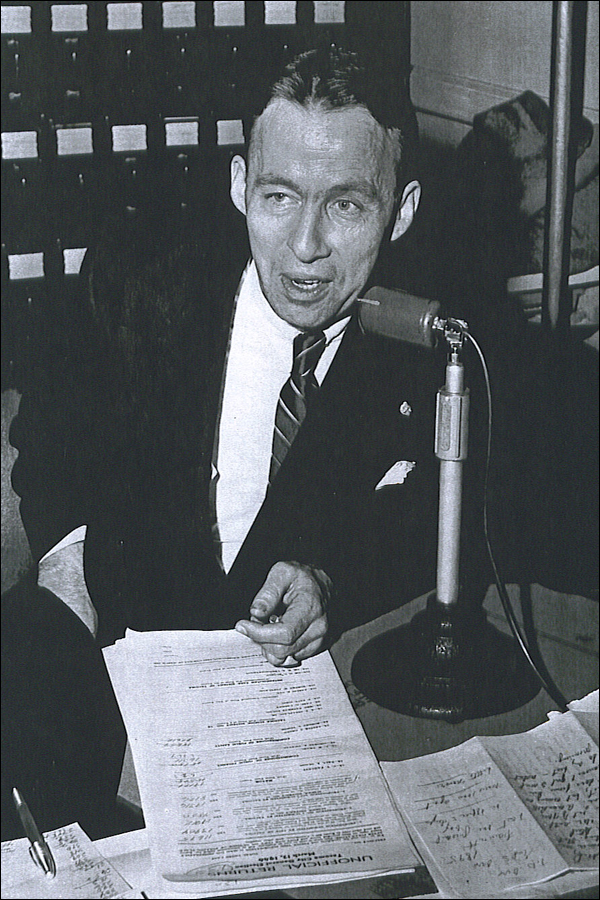
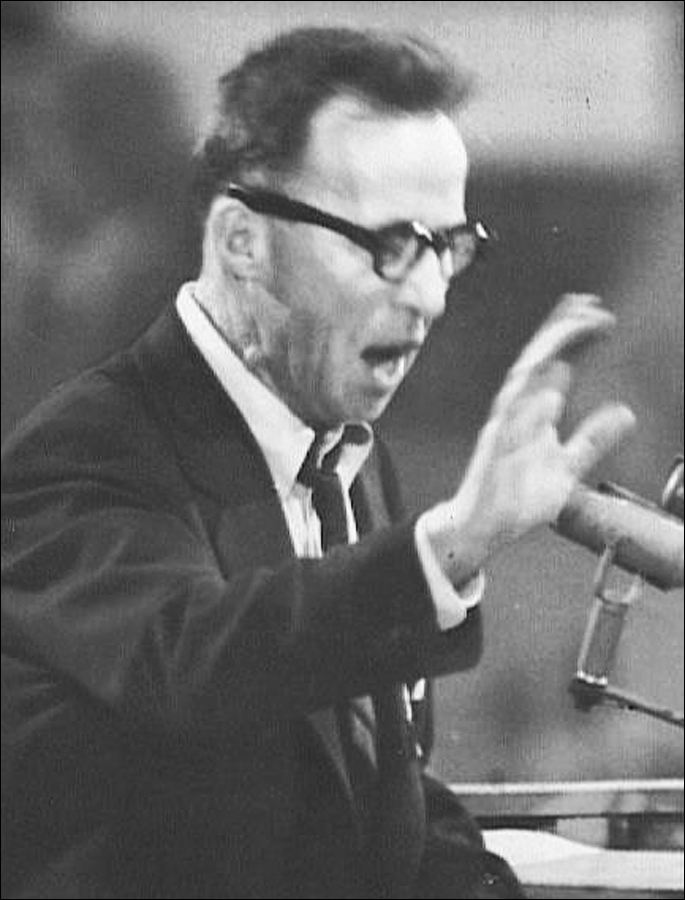
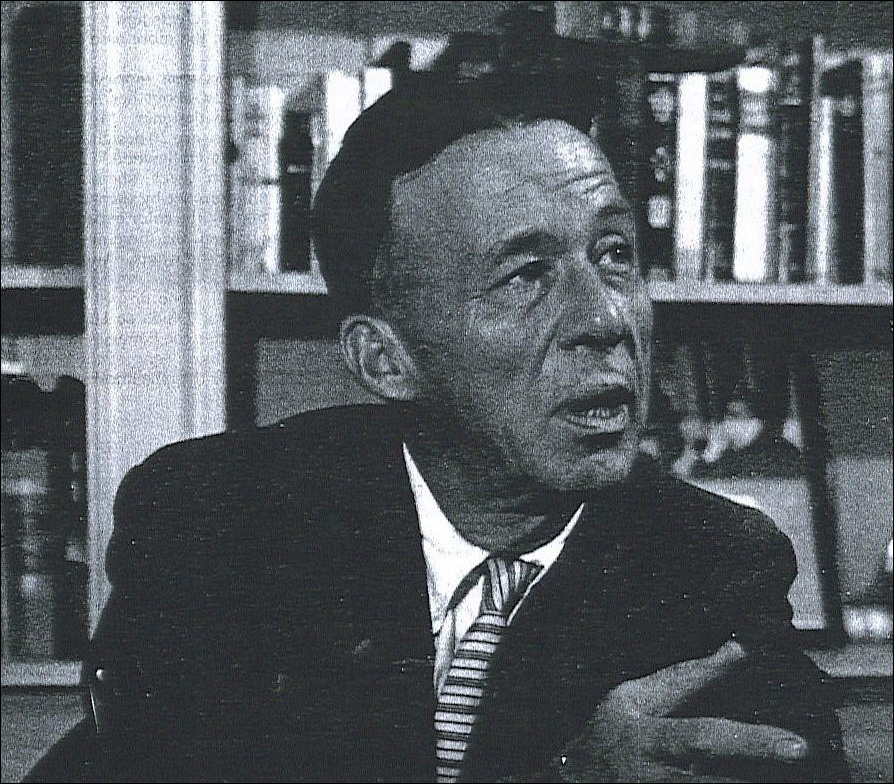
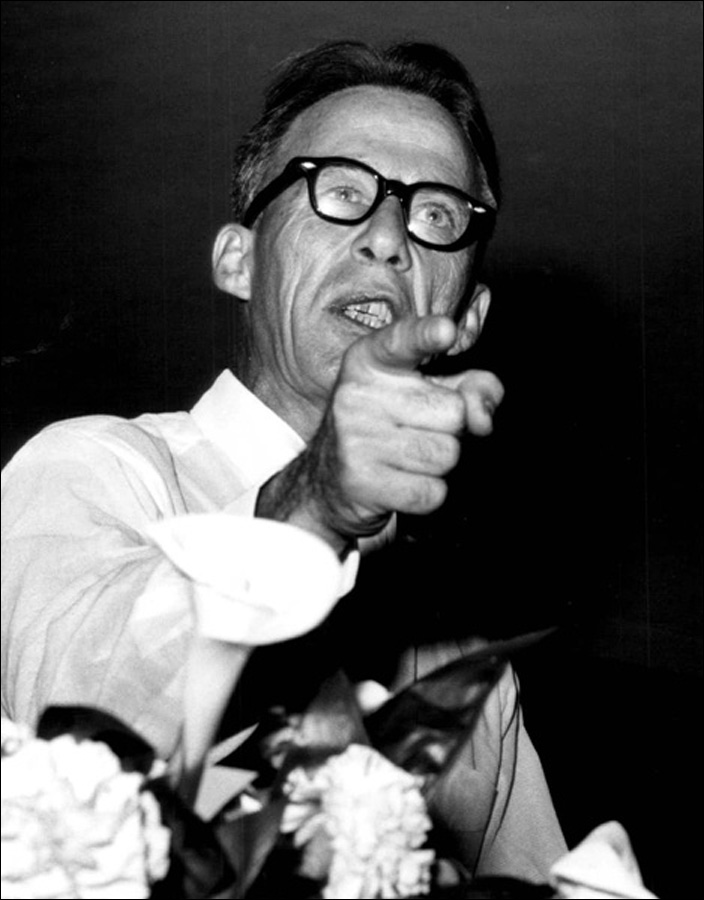
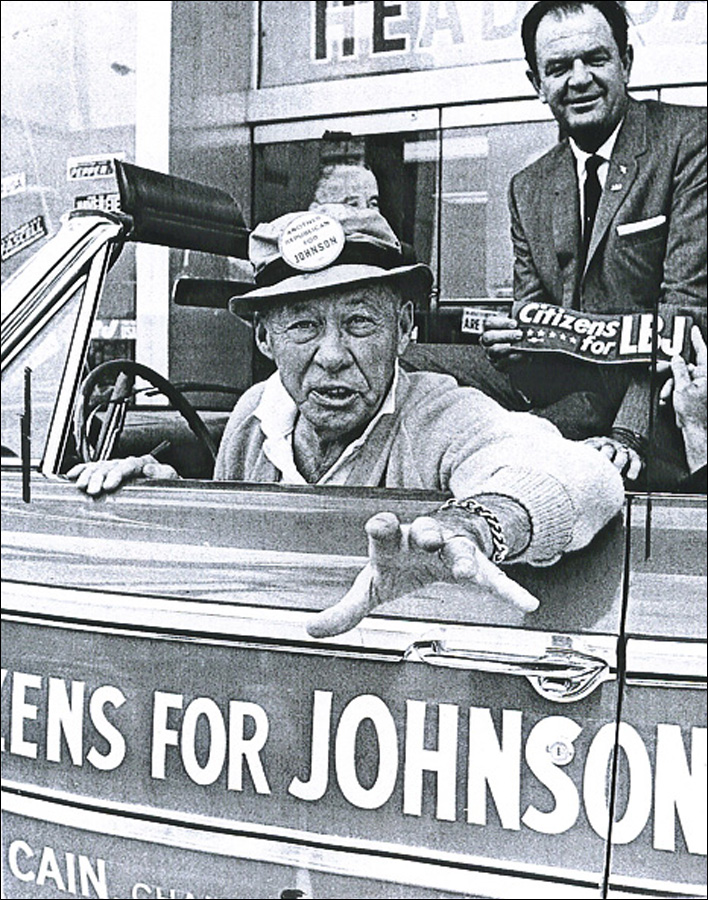
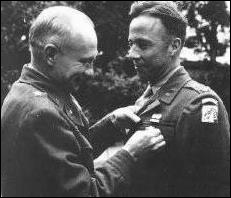
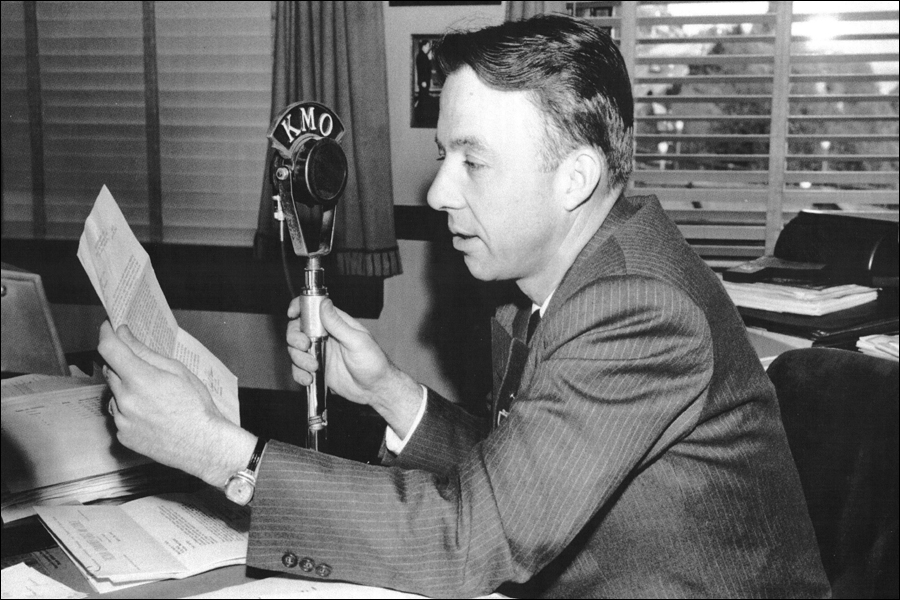
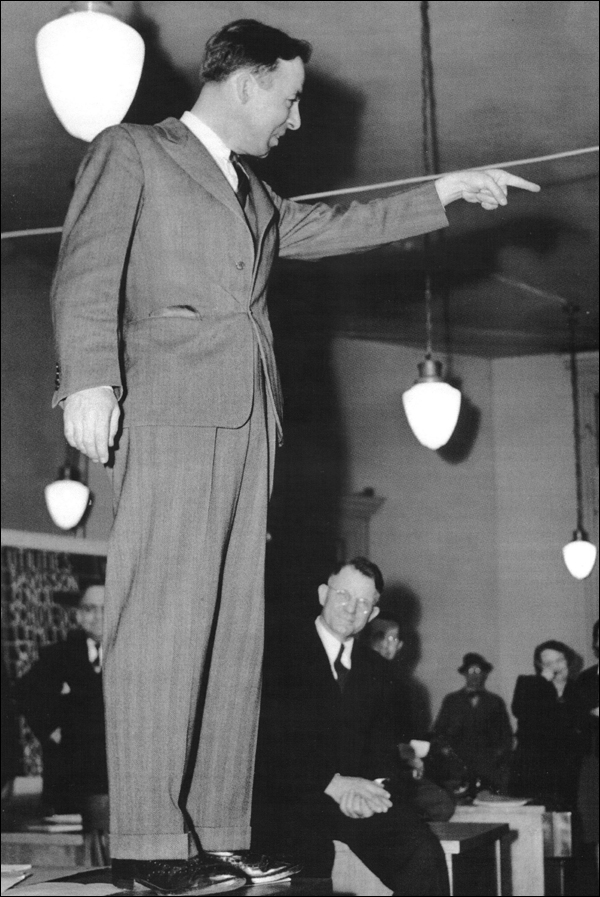

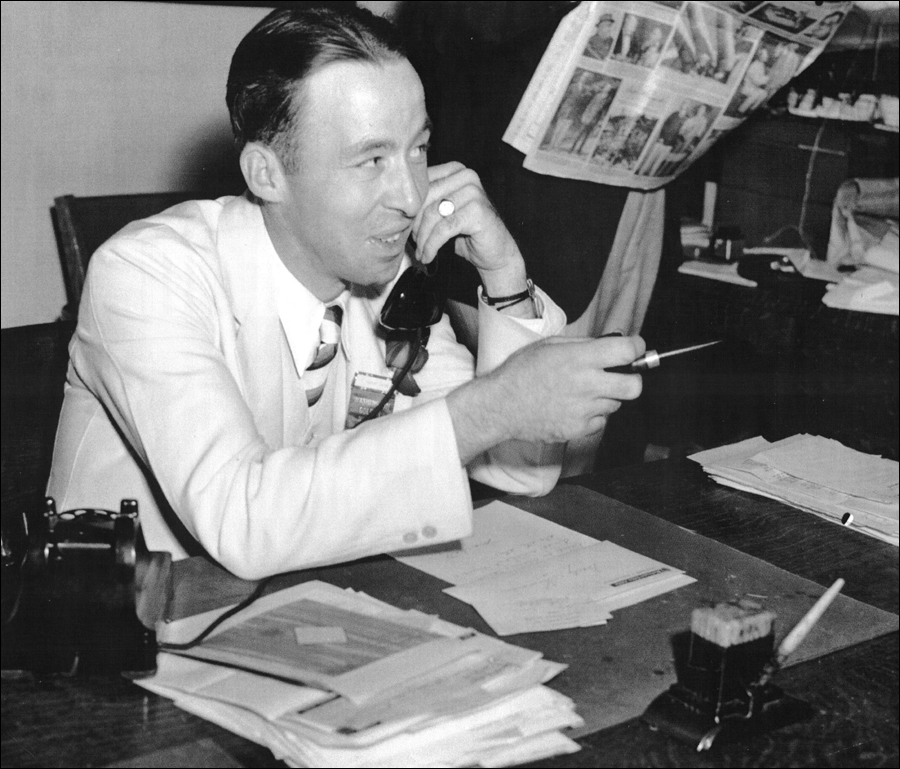
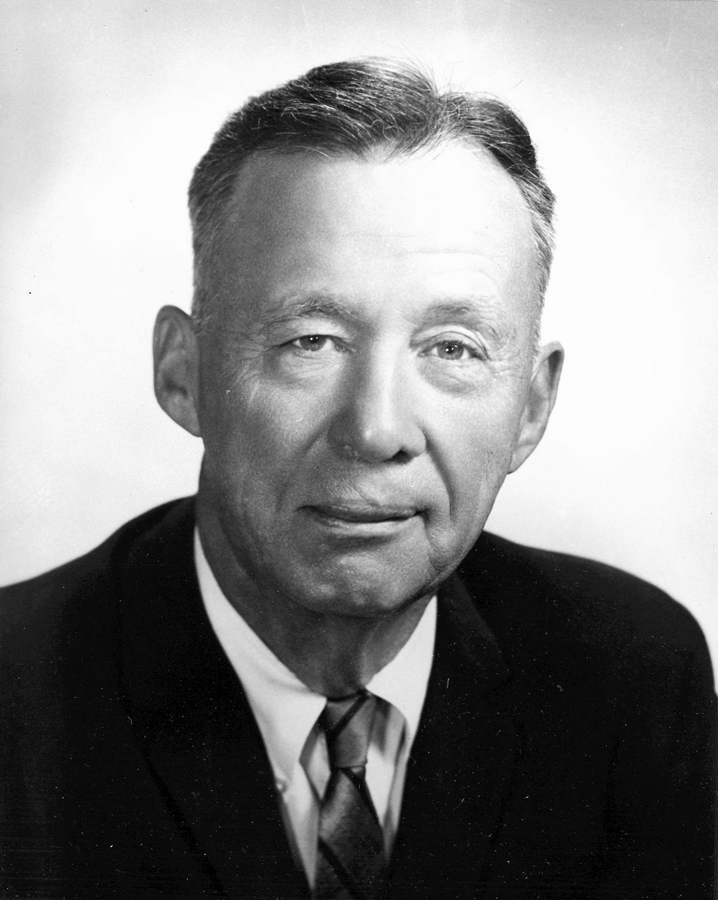
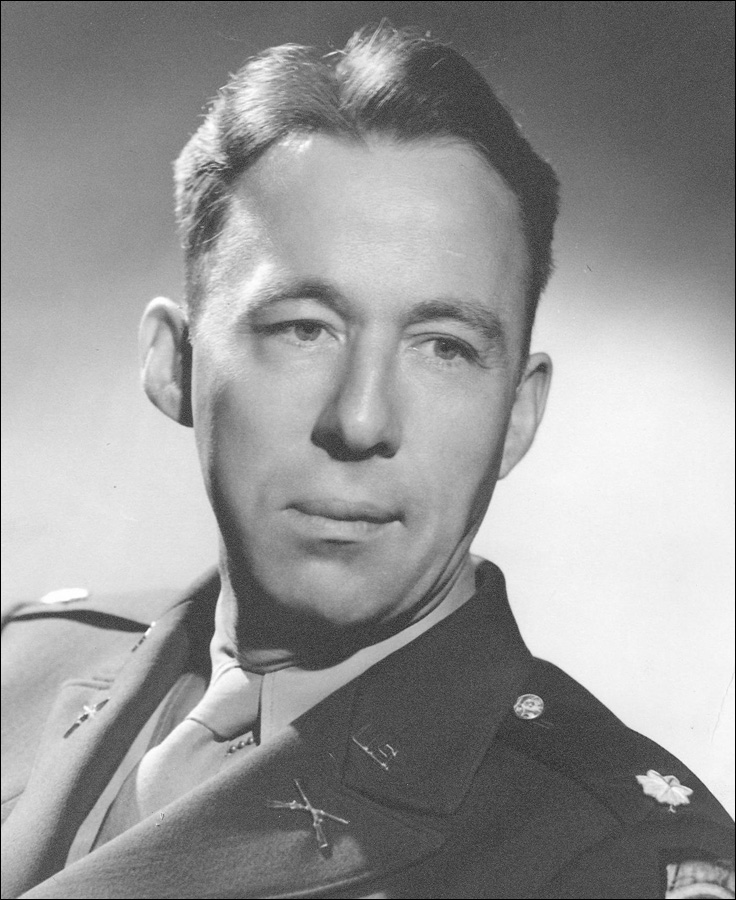
![Senator Harry P. Cain, April 24, 1972. [Also appeared on June 7, 1972, October 12, 1973]. Senator Harry P. Cain,1972](https://cms-author.com/books/wp-content/gallery/harry-cain/Miami-Dade-Country-Commissioner-1972-1978.jpg)
